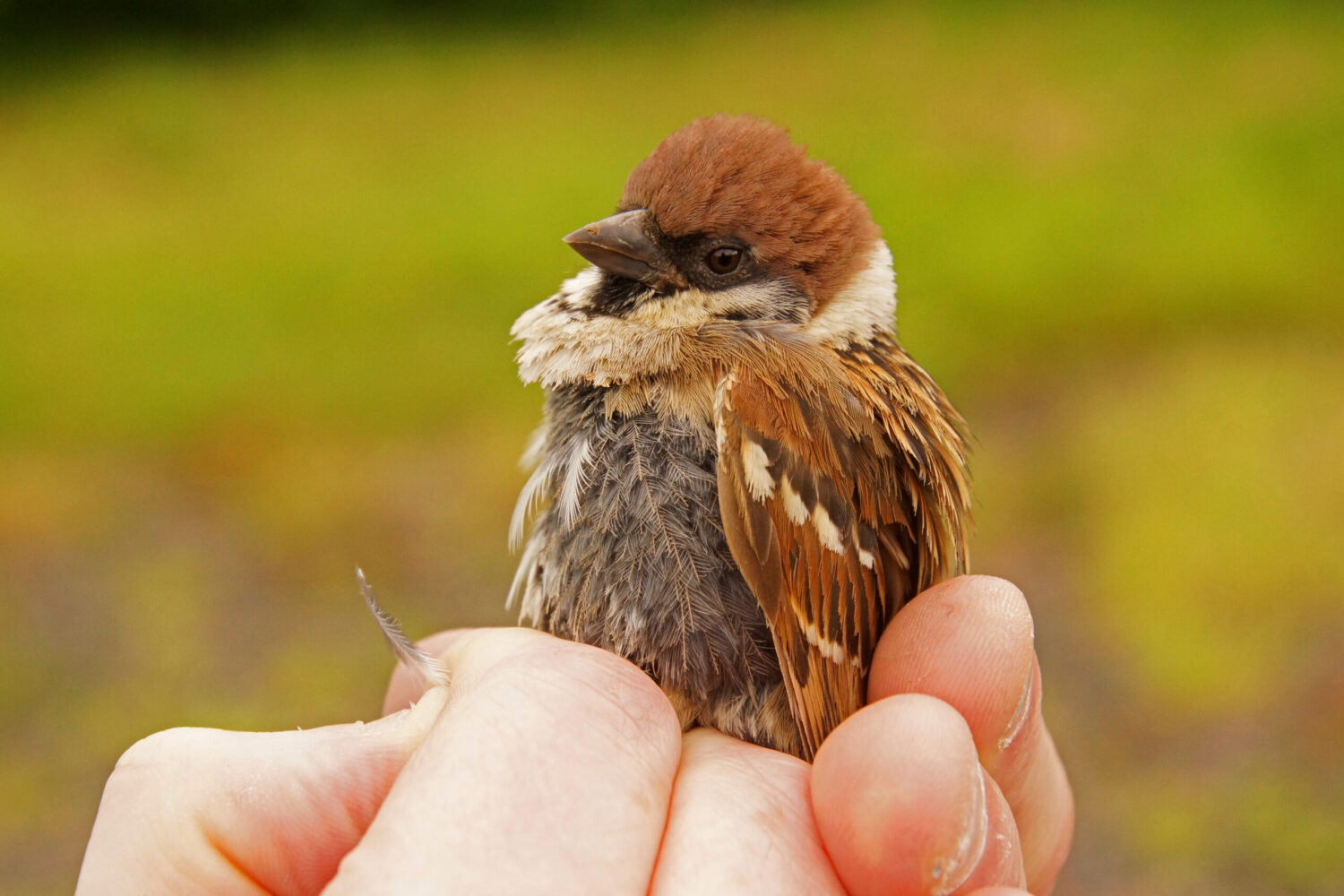Tree Sparrows are experiencing a population decline in the UK and are quite rare to see, a lack of safe nesting areas could be contributing to this decline. Clark’s Bog Nature Reserve have been monitoring Tree Sparrow movements and nesting patterns, leading them to undertake a project to build and install 25 nest boxes in order to help combat Tree Sparrow decline. They will also be replacing older nest boxes with newer designs which enable better access for monitoring purposes to determine population sizes and structures.
Newcastle University’s Go Volunteer scheme have developed a close affiliation with the Natural History Society (NHSN) through the initiative of Stage 2 Biology student: Micaela Mossop. This has enabled like-minded students from a broad range of degree disciplines ranging from English Literature to Marine Engineering, as well as Biology and Environmental Science students from both undergraduate and postgraduate courses, to work together to have a positive impact in local conservation programmes.
After exploring the depths of the North East’s industrial estates, we eventually found ourselves in our preferred, slightly less industrious, location of Clark’s Bog Nature Reserve in Morpeth, thanks to the accurate navigations from the warden, Peter.
Upon arrival, we were immediately welcomed by a chorus of bird song – much to my delight – which proceeded to accompany us throughout the morning. After a whistle-stop tour of the reserve by respected ornithologist David Noble-Rollin, who gave us a real insight into the diverse bird life at the reserve. Following an exclusive preview of the trailer used during the filming of ITV’s hit drama “Vera”, we were put to work building bird boxes for Tree Sparrows. Armed with a screwdriver and a slightly more competent DIY partner we set about making the boxes. We knew that the bird boxes are vital for the survival of the Tree Sparrow, which kept us motivated throughout the morning to have a direct positive impact on this rare species.
SOPHIE WARBRICK, VOLUNTEER FROM NEWCASTLE UNIVERSITY

Tree Sparrow © Phil Hanmer